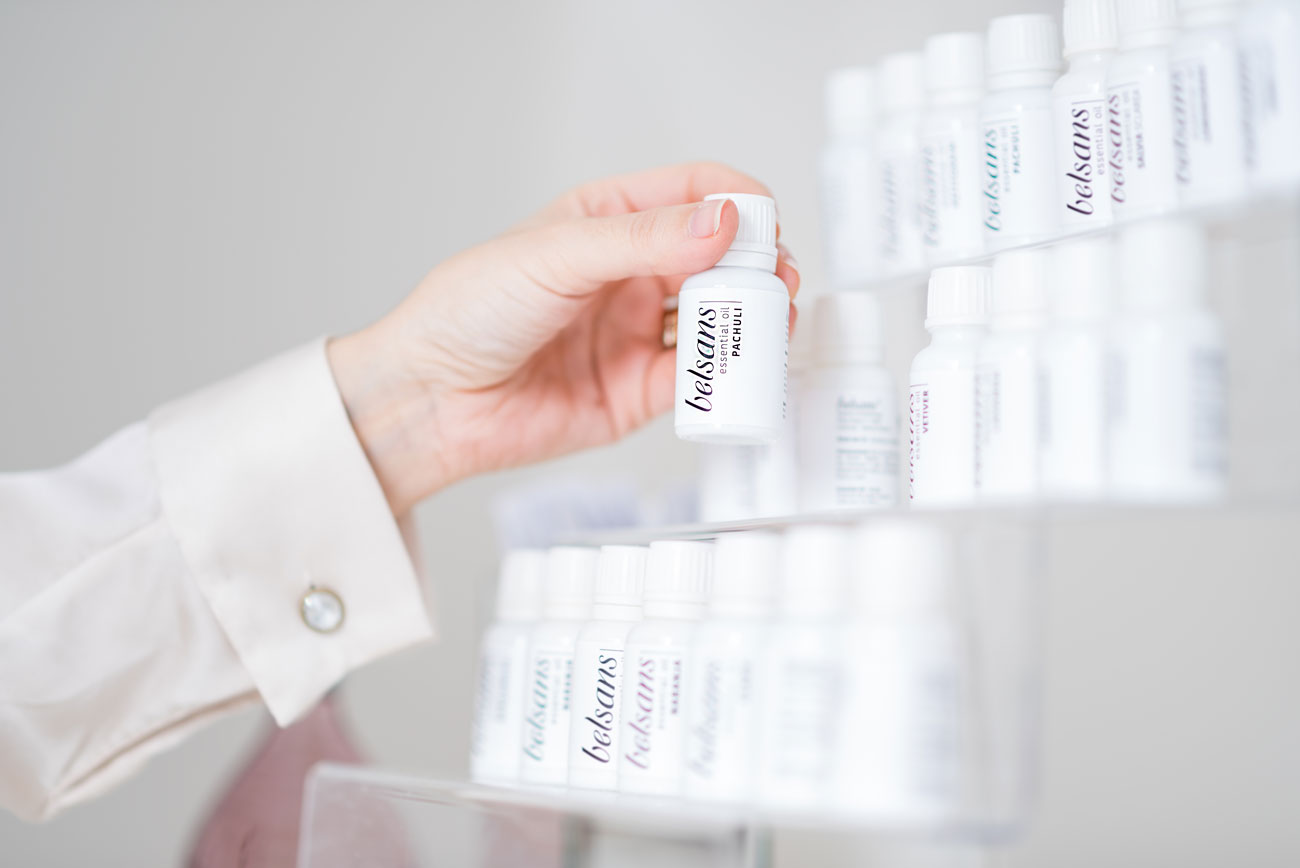
21 May What is natural perfumery?
For thousands of years nature was the only source of perfume ingredients.
Aromatic grasses, herbs, fragrant flowers, woods, roots and resins, as well as animal derived ingredients were all used on their own or combined, powdered, distilled, infused or macerated; for millennia, they provided civilisations with sweet (and not so sweet) smelling incense, powders, balms and oils.
These creations were used in temples, homes, baths, budoirs, public spaces, in battles, celebrations, and in tombs.
During the 19th century, the development of science allowed perfumers and chemists to isolate some of the chemical components responsible for the scent of natural raw materials; examples are natural isolates such as geraniol, linalool, coumarin, etc. Shortly afterwards scientists found ways to recreate these isolated aromatic chemicals from scratch without the need for a natural source, giving birth to synthetic aromachemicals.
Synthetic aromachemicals could actually create scents that were not available from natural sources, and also imitate scents that were too costly to produce from natural raw ingredients. This made the art of perfumery able to cope with changing fashion trends, and perfume became more affordable and accessible.
Because of affordability, fashion trends and commercial demands, most perfumers began to compose their perfumes with synthetic aromachemicals to the point where many perfumes did not contain any natural ingredients at all. This is still the case today.
Sadly, while synthetics can imitate natural scents, they lack the complexity and depth of natural essences; however, they are stable, reliable and consistent when it comes to their aromatic qualities, hence their popularity.
During the past few decades interest in natural perfumery has increased even amongst artisan perfumers who donʼt mind using synthetics. Natural perfumery is a completely personal choice and there are many arguments for and against it; debates about natural vs. synthetic can be found wherever you look.
Most natural perfumers say that they prefer natural scents because of their rich, complex and layered aroma; there is also a sense of connection with nature and the world at large that cannot be obtained from synthetics.
Whilst beautiful and fulfilling, this art is full of challenges.
Crops need to be grown, looked after and harvested before the plant material can be processed, packed and sent around the world; entire communities in all continents make a living from this and the human effort involved is hard to describe in a few words. This makes natural ingredients expensive, sometimes prohibitively expensive! Imagine how many hours of work and wages need to be paid so we can get a little bottle of rose otto.
Climatic changes, bad harvests and environmental disasters affect the supply chain and the quality of raw materials. Natural essences are not consistent; their chemical composition can change from year to year, place to place, and also as the oils age. Natural perfumers need to work around this and modify their blends accordingly to maintain consistency, which is not always possible.
Environmental concerns need to be taken into account; overharvesting and mismanagement can take whole plant species to the brink of extinction, and natural perfumers have a moral responsibility to remember this when they purchase ingredients and create perfume.
Unlike their synthetic counterparts, natural perfumes do not last for hours or days, they do not dominate a room when the wearer comes in, and they evolve and change on the skin of the wearer. In a society used to consistency and what is perceived as “value for money”, it can be challenging to justify an expensive perfume that needs to be reapplied every couple of hours and can only be experienced by the wearer and those close to him/her (as it should be!).
Lovers of natural perfumes appreciate everything about them, their complexity, evolution, colour, the human effort behind them, and the fact that they are wearing a blend of some of the most exquisite essences found around the
world.
Many people wear natural perfumes for their health benefits; some essential oils and absolutes possess therapeutic properties and can affect the physical and mental health of the wearer.



